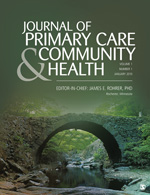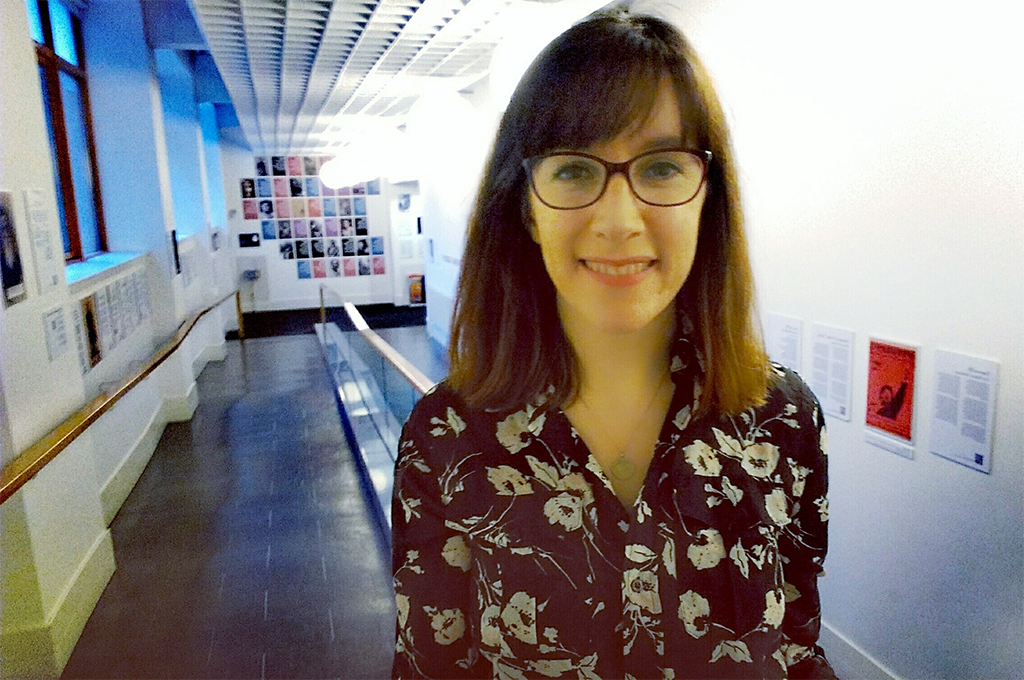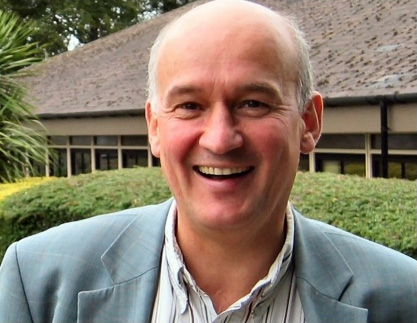A journal has retracted a pair of studies on Covid-19 in prisoners after the authors’ institution found that they had not obtained adequate ethics approval for the research.
The two studies appeared in the Journal of Primary Care & Community Health, a Sage publication. The authors, from Texas Tech University Health Sciences Center in Lubbock, were led by Kenneth Nugent, an internal medicine specialist at the institution.
Continue reading Two Texas studies on COVID-19 retracted because ‘previously approved study protocols appear to violate IRB guidelines around prisoner research’








